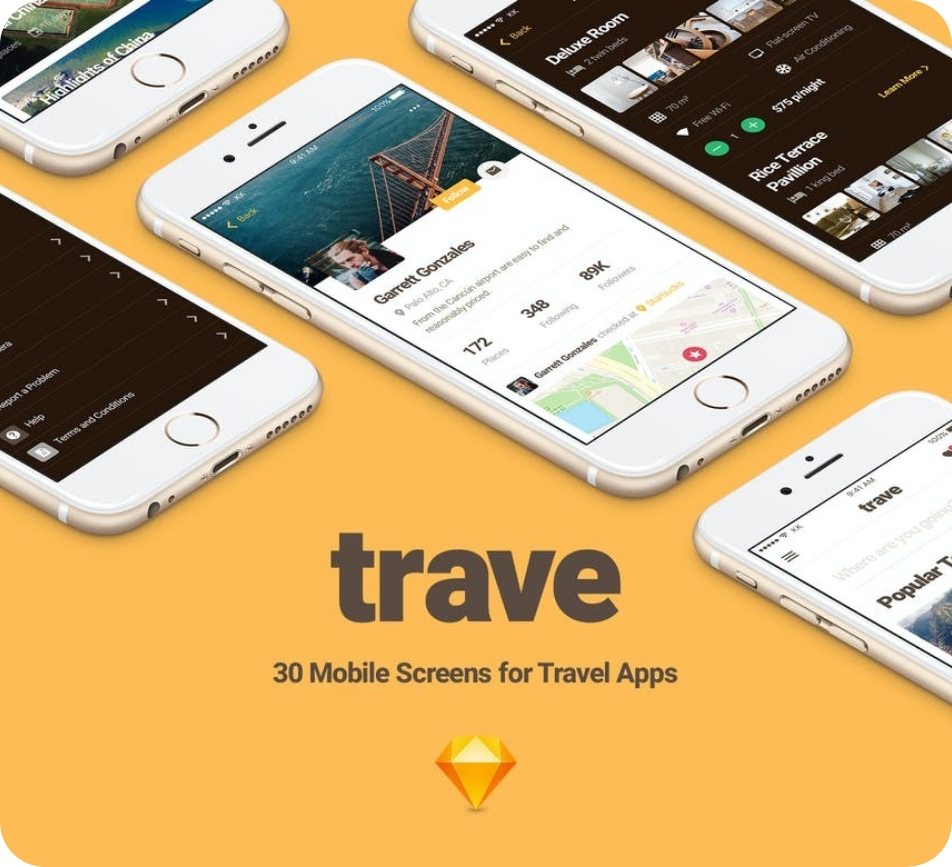Digital marketing is the promotion of products or services through digital channels such as search engines, social media, email, and websites. It involves using data-driven strategies to reach targeted audiences. Digital marketing is a broad term encompassing all online marketing efforts, from social media to email campaigns. SEO, a subset of digital marketing, focuses on optimizing a website to rank higher on search engine results pages (SERPs). Both go hand-in-hand to increase visibility, drive traffic, and generate leads.
Introduction to Digital Marketing and SEO
Digital marketing is a broad term encompassing all online marketing efforts, from social media to email campaigns. SEO, a subset of digital marketing, focuses on optimizing a website to rank higher on search engine results pages (SERPs). Both go hand-in-hand to increase visibility, drive traffic, and generate leads.
What is Digital Marketing?
Digital marketing is the promotion of products or services through digital channels such as search engines, social media, email, and websites. It involves using data-driven strategies to reach targeted audiences.

The Role of SEO in Digital Marketing
What is SEO?
SEO is the process of optimizing your website to increase its visibility for relevant searches. The higher your site ranks on search engines, the more likely it is to attract organic (non-paid) traffic.
SEO Basics:
- On-Page SEO: Optimizing individual web pages (title tags, meta descriptions, keywords).
- Off-Page SEO: Building backlinks and improving your website’s authority.
- Technical SEO: Ensuring your site is fast, mobile-friendly, and easy to crawl.
Why SEO is Important in Digital Marketing
SEO allows you to reach your target audience organically, build trust, and sustain long-term results. Unlike paid marketing, SEO doesn’t require continuous spending for traffic and leads.
Secret Tips for Successful Digital Marketing
Understanding Your Audience
Successful digital marketing begins with knowing who your audience is, what they want, and how they consume content. Use tools like Google Analytics and social media insights to gather data.
Consistent Branding Across Platforms
Ensure that your brand voice, colors, and messaging are consistent across all digital channels. This helps build brand recognition and trust.
Leveraging Content Marketing
Regularly producing high-quality, engaging content (blogs, videos, infographics) is the key to keeping your audience engaged and positioning your brand as an authority in your niche.




